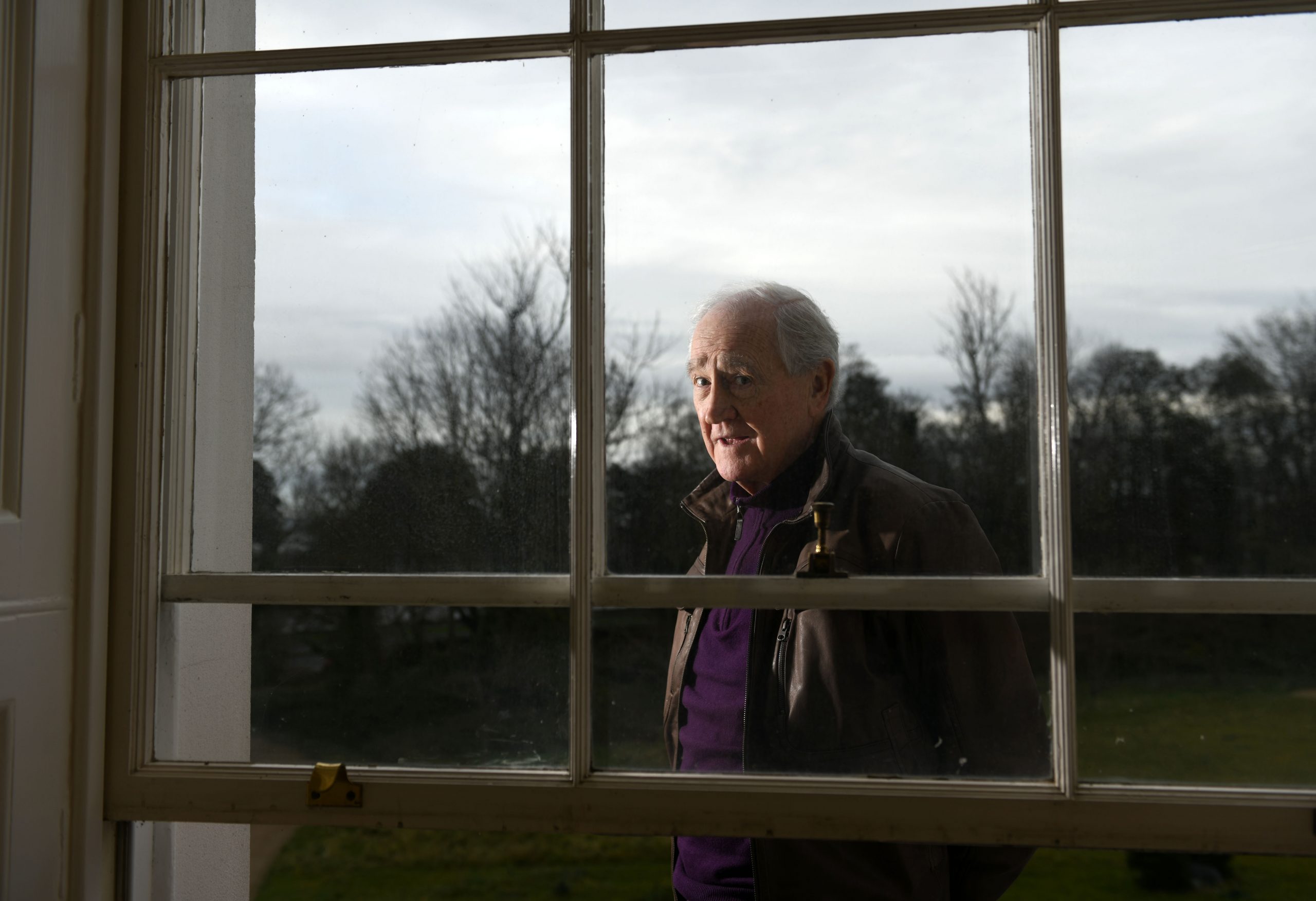Eddie O’Connor’s comments at the recent Climate Action Conference in Dublin were outrageous, the more so because they were made by someone who has, directly and indirectly, been a global leader in working towards an amelioration of the greatest threat that Africa has ever faced. This is not to excuse the comments he made. They were inaccurate but it was their deep insensitivity that I found most striking given the consistent attention I’ve observed him pay to the welfare of the communities Mainstream Power works with across the globe, including in Africa. It is not an overstatement to place his…
Cancel at any time. Are you already a member? Log in here.
Want to continue reading?
Introductory offer: Sign up today and pay €200 for an annual membership, a saving of €50.

